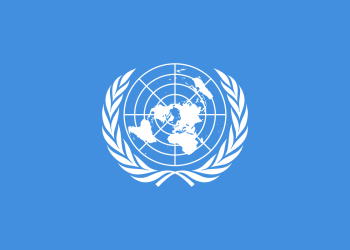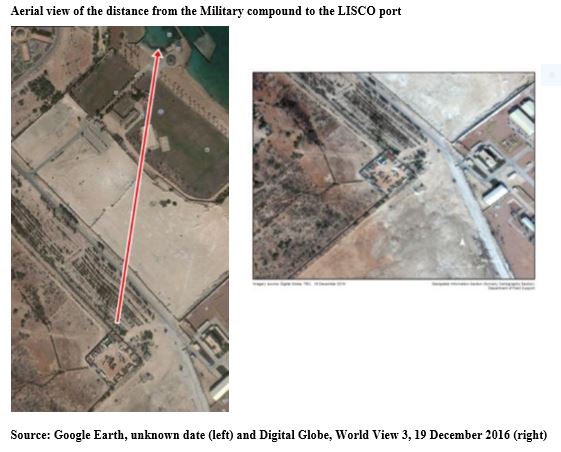By Sami Zaptia.

London, 10 June 2017:
A dangerous black market is growing across Libya that disproportionately affects an already vulnerable population and threatens to further destabilize the fragile economy. That’s according to a new report out from the US NGO Mercy Corps.
“A shadow economy is corroding Libya and becoming increasingly intractable,” says Giovanni Sciolto, Mercy Corps’ team leader in Libya. “It’s potential to jeopardize the overall health of Libya should not be underestimated.”
Libya has been in a state of turmoil since the overthrow of longtime leader Muammar Qaddafi in 2011. The country has since seen a drop in its gross domestic product, drastic depreciation of the Libyan dinar, severe liquidity shortage and rapid inflation. As a result, basic commodities are becoming progressively unaffordable; the price of one loaf of bread is now five times higher than it was in 2014, the report says.
The shadow economy – which is generally characterized by work done for cash, taxes not paid and regulations not followed – has grown in response, a force which both feeds on the liquidity crisis and exacerbates it. Estimates show that more than half the money circulating in Libya now moves within the informal sector, the report added.
In addition to soaring food prices, civil and social services have suffered in its wake. Public health facilities often lack medical equipment and medicine. Expensive private clinics – out of reach for many people – are often the only option. Even citizens who attempt to stay in the formal economy can be pushed into coping strategies that involve the black market, the report explained.
“While economic hardship is felt across the social spectrum, it disproportionally impacts vulnerable communities who are already dealing with significant challenges such as armed conflict and deterioration of security in several parts of the country,” says Sciolto.
The report made nine main findings:
1-The economic crisis and the rapid rise of the shadow economy since 2014 has a significant impact on vulnerability of Libyans;
2-State’s growing budget deficit, restrictive banking policies, peripheral security and precarious political conditions pave the way for an acute shortage of liquidity and prices inflation;
3-With a large majority5 of Libyans on State payroll, salaries continue to be paid, but civilians face concerning challenges to access incomes;
4-Informal monetary transactions have increased as businesses and individuals seek alternative ways to obtain cash;
5-Elaborate schemes exploiting the growing gap between official and black market exchange rates have placed additional strain on the State budget and aggravated inflation;
6-A lack of transparency and accountability within the banking sector erodes consumers’ trust and nurtures unsustainable economic patterns;
7-Militias and armed actors are heavily involved in the shadow economy, engaging in financial fraud, extortion and robbery;
8-Despite significant efforts, policymakers and the Central Bank of Libya have largely failed to tackle the liquidity crisis or curb manifestations of the shadow economy;
9-Some commercial banks and financial service providers have devised new payment methods such as electronic payments and travellers’ cheques to help alleviate the impact of the cash shortage; these methods may prove useful channels for reaching beneficiaries in Libya
The report, published at the beginning of this month, calls on policymakers to address the crisis through a number of strategies, including working with financial service providers to create more transparency and accountability. “There are known solutions to this problem,” says Sciolto. “What we need now is to make those solutions a reality.”








